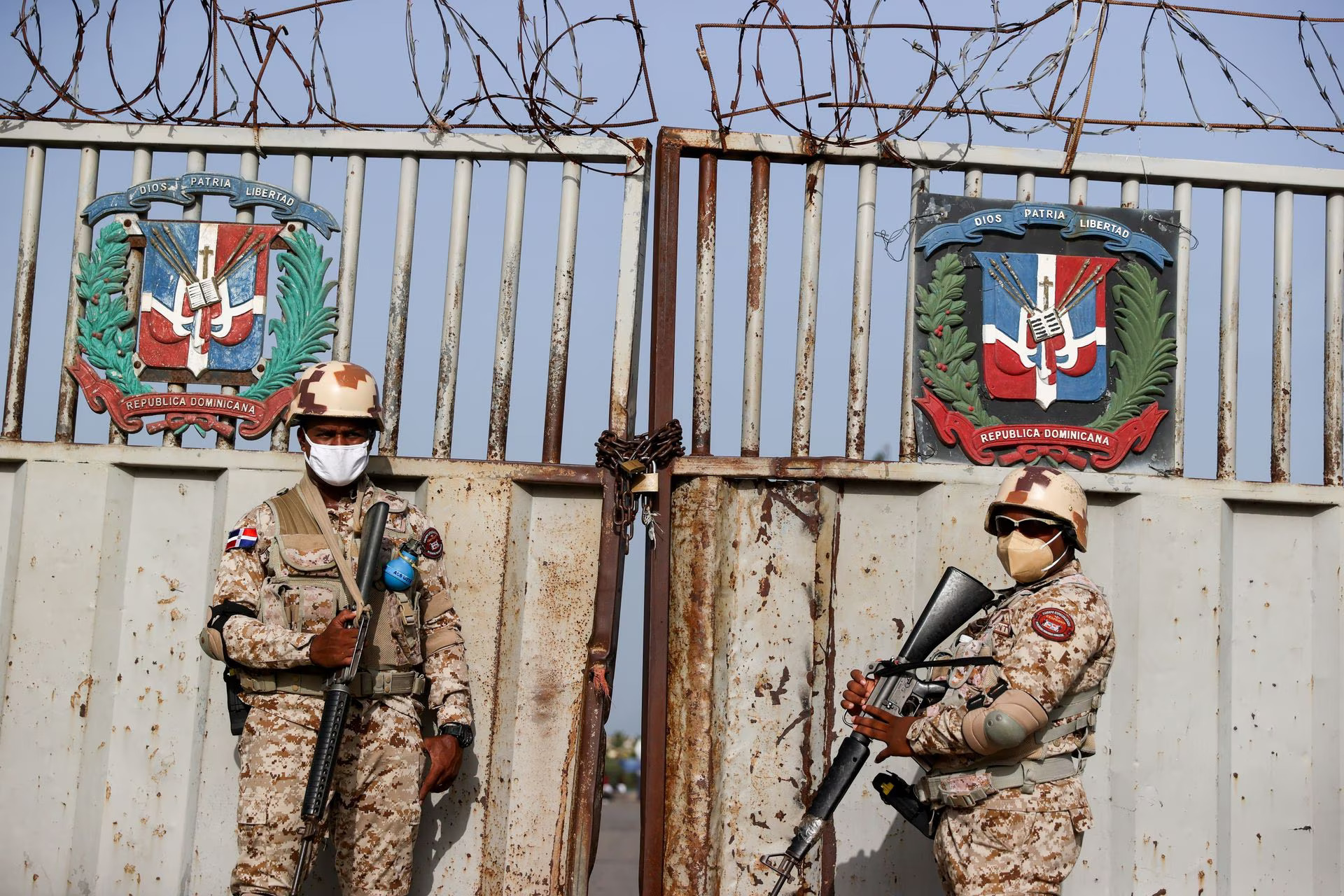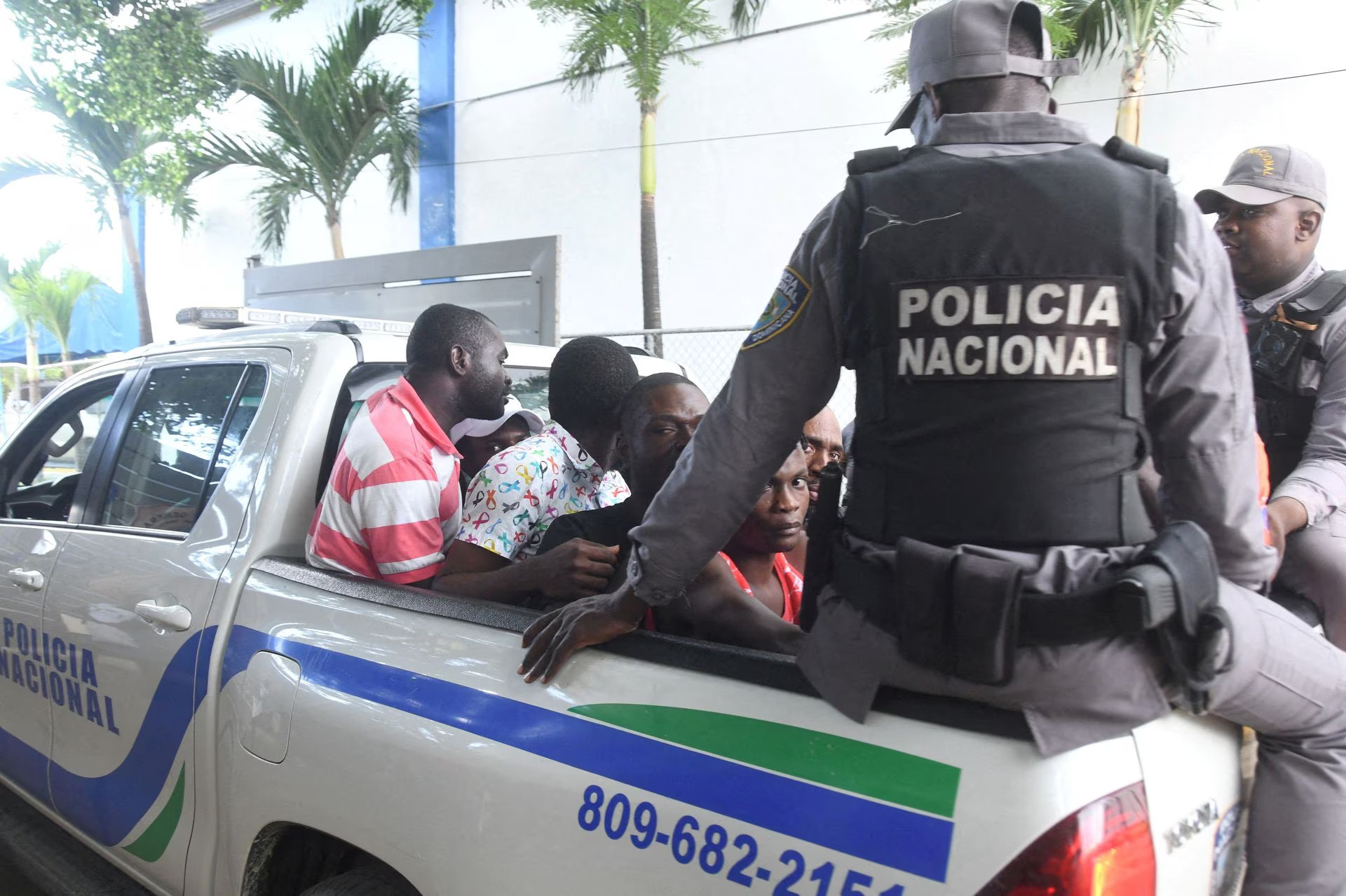As the Dominican Republic prepares to close its border with Haiti amid escalating tensions over the construction of a water channel from a shared river, hundreds of Haitians have begun returning to their home country. The impending border shutdown, announced by Dominican President Luis Abinader, is scheduled to take effect on September 15 at 6 a.m. (1000 GMT) and will remain in place "as long as necessary," as per Dominican authorities.

On September 14 afternoon, authorities briefly opened the gates at the Ouanaminthe border crossing, near the contested canal, allowing over a thousand people to enter Haiti. This influx included individuals facing deportation as well as families seeking to return voluntarily.
Harold Estimable, director of the national migration office in Ouanaminthe, reported that hundreds of Haitians had been arriving daily from the Dominican Republic in "very bad shape," highlighting the dire circumstances faced by many returning migrants.
In a concerning development, United Nations experts had earlier warned that Haitian women seeking pregnancy and postpartum medical care in the Dominican Republic were being arrested during check-ups and immediately deported without an opportunity to appeal.
The decision to close the border comes as Haiti grapples with worsening gang violence, marked by daily reports of kidnappings and sexual violence. The Dominican Republic has responded by deporting tens of thousands of Haitians who had fled their home country.
"We have been prepared for weeks, not only for this situation but also for a possible peace force in Haiti," stated Dominican President Luis Abinader, emphasizing the gravity of the situation.
Abinader further asserted that if the Haitian government failed to control the construction of the disputed water channel, the Dominican Republic would take action.

The root of the conflict lies in the Dominican Republic's claim that construction works on the River Massacre violate a 1929 treaty between the two nations. President Abinader is expected to address this issue during his upcoming visit to the United Nations next week.
"Unfortunately, they left us no alternative but to take drastic measures," Abinader declared, revealing that the Dominican Republic is planning to build two dams that could significantly impact Haiti, should the treaty be disregarded.
The Dominican government has made it clear that the border closure will encompass all land, sea, and air routes. To bolster security, they have deployed an additional 20 armored vehicles to a military camp along the border.
In response to these developments, Haiti's government asserted its sovereign right to exploit its natural resources, citing the provisions of the 1929 treaty that apply to both nations. The government also expressed its commitment to irrigating the Maribahoux plain and vowed to protect the interests of the Haitian people.
As tensions mount and the border shutdown looms, local airline Sunrise Airways announced the addition of a flight between the two countries on September 14 afternoon to accommodate those trying to leave. Meanwhile, the U.S. Embassy has advised its citizens in Haiti to make alternative arrangements in light of the escalating situation.
Follow Daryo's official Instagram and Twitter pages to keep current on world news.
Comments (0)